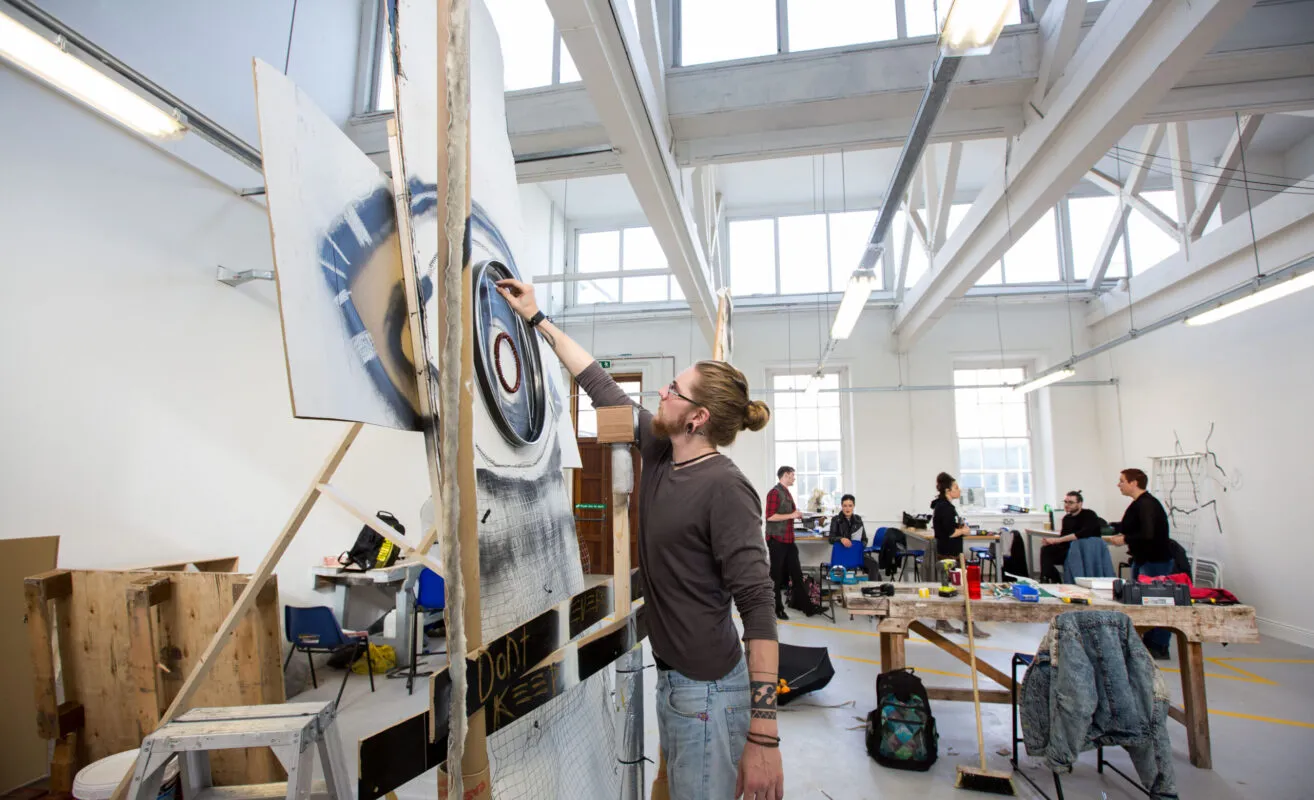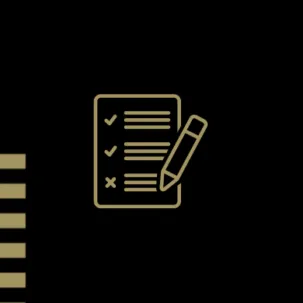Why Choose Art and Design with Digital Media – PME?
Crafting Tomorrow’s Educators: Welcome to the place where creativity meets pedagogy. Explore the intersection of art, technology, and education through research-informed teaching methods. Unleash your inner researcher as you investigate how digital media enhances learning.
Beyond the Classroom Walls: Step into the shoes of an artist-educator, bridging studio practice and pedagogy. Your palette extends beyond colours—it now includes pixels, algorithms, and the boundless expanse of the digital universe.
The Digital Renaissance: Equipped with tools to wield digital language fluently, you will learn to teach students to sculpt in 3D software, compose with MIDI controllers, and curate virtual galleries.
Community of Practice: Engage in vibrant discussions in online forums, where ideas resonate across screens. Collaboration is at the core of our creative practice.
Real-World Immersion: Work in bustling art studio and classrooms, witness those eureka moments with the students you will teach and demonstrate your skills in the classroom through school placements. Garda vetting ensures this artist-educator journey is transparent.



